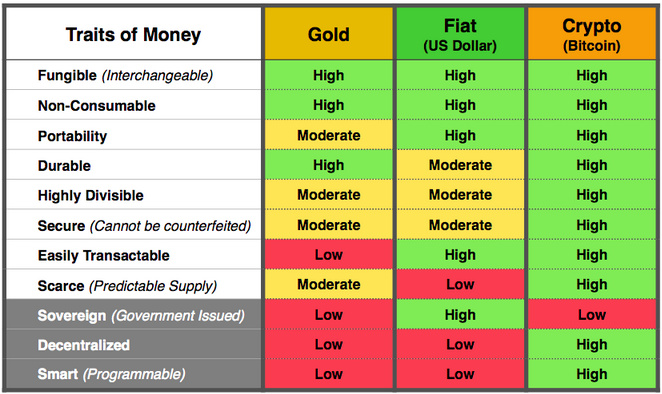What is a Cryptocurrency ?
A cryptocurrency is a digital or virtual currency that uses cryptography for security. The first cryptocurrency to capture the public imagination was Bitcoin, which was launched in 2009 by an individual or group known under the pseudonym Satoshi Nakamoto. As of 21-Oct-2017, there are about 16.6 million bitcoins in circulation with a total market value of $101 billion. It’s price has risen by about 16 times in the past 3 years. Bitcoin’s success has spawned a number of competing cryptocurrencies (there are about 1200 Cryptocurrencies as listed on coinmarketcap.com as on 21-Oct-2017.
Technology behind Cryptocurrencies:
The Blockchain is the technology behind bitcoin and other cryptocurrencies.
The Bitcoin blockchain allows transfer of bitcoin from person to person without any intermediary. Think of the Bitcoin blockchain as a giant Excel spreadsheet that shows the complete transaction history and location of every bitcoin. Every few minutes the spreadsheet gets updated as an additional block of new transactions is added to the spreadsheet. Everyone can have their own copy of the spreadsheet. It’s completely transparent.
Hence, Blockchain is a fully transparent system of financial transactions, in which every single transaction ever made can be tracked by anyone. It’s decentralized, meaning you don’t need a central institution, like a bank, to confirm anything.
How to buy and sell Cryptocurrencies:
The Cryptocurrencies can be purchased and sold through cryptocurrency exchanges and stored in Cryptocurrency Wallets.
A Cryptocurrency Wallet comprises:
- A Public Key: It’s a string of numbers and letters. Think of it like an account number.
- A Private Key: This is effectively the password to access the wallet, and needs to be kept safe. If you lose it, it means you lose access to your cryptocurrencies. There’s no centralised entity that can recover your password for you – it’s not like if you forget your bank password and your bank sends you instructions on how to reset it.
Major Bitcoin Exchanges in India include Zebpay, Unocoin, Coinsecure. However, these exchanges allow you to trade only in Bitcoin. If you want to trade in multiple cryptocurrencies, Koinex.in appears to be a good option (it allows you to trade in 5 major cryptocurrencies).
Risks
The biggest risk arises due to novelty of the concept of digital currencies. It might eventually turn out to be a fad (like the tulip bulbs, dot coms, and countless other such fads that arise every 20 years or so) and the values might go down to zero.
Another major risk arises out of the fact that these are virtual and do not have a central repository, a digital cryptocurrency balance can be wiped out by a computer crash if a backup copy of the holdings does not exist. Cryptocurrencies are not immune to the threat of hacking. In Bitcoin’s short history, it has been subject to over 40 thefts, including a few that exceeded $1 million in value. One way to minimize the threat of theft is to store your cryptocurrencies in a offline wallet (in a specialized hardware that resembles a pen drive and costs Rs 7,000 – 10,000 in India).
Disclosure: I own bitcoins worth about 0.2% of my Net Worth. Keenly watching this space for exploring the possibility of putting some more money in Bitcoin and other cryptocurrencies such as Ether, Ripple, Litecoin, etc, totalling around 0.5% of my Net Worth. Please note that at this stage, there can be no ‘investment’ in cryptocurrencies, only ‘speculation’, as the basic tenets used for investment valuation do not exist.

